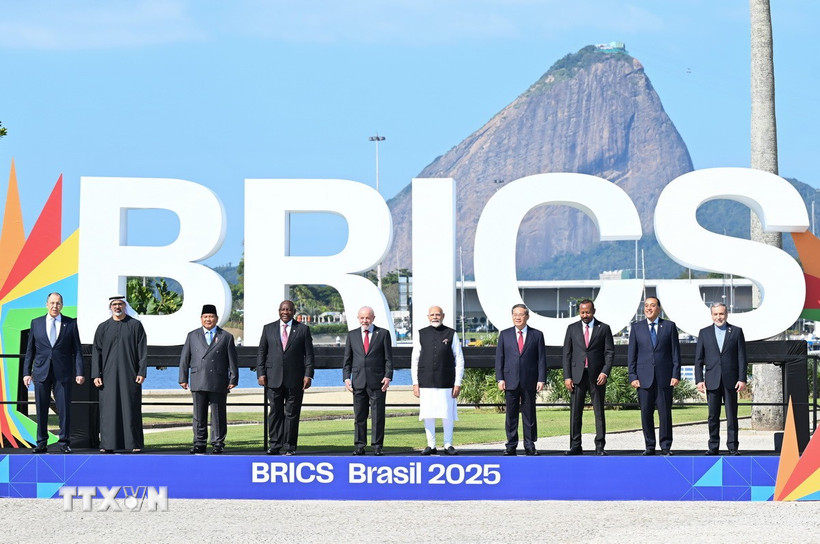
Leaders of BRICS countries pose for a group photo at the BRICS Summit in Rio de Janeiro, Brazil. (Photo: THX/TTXVN)
Within the framework of the BRICS Summit in Brazil, on July 6, the leaders of the countries issued a joint statement, calling for global institutions to reform and expressing support for multilateral diplomacy in the context of ongoing conflicts and trade tensions.
The joint statement warned that increased tariffs would threaten global trade, referring to US President Donald Trump's tariff policies.
In addition, BRICS leaders expressed support for Ethiopia and Iran joining the World Trade Organization (WTO), and called for urgent restoration of the multilateral organization's ability to resolve trade disputes.
The joint statement also supported the pilot scheme of a guarantee mechanism sponsored by the New Development Bank (NDB) to reduce financing costs and promote investment in member countries.
In a separate statement following the discussion on artificial intelligence (AI), the leaders called for safeguards to be put in place to prevent the unauthorised use of AI to avoid excessive collection of personal data, while also allowing for the establishment of fair payment mechanisms.
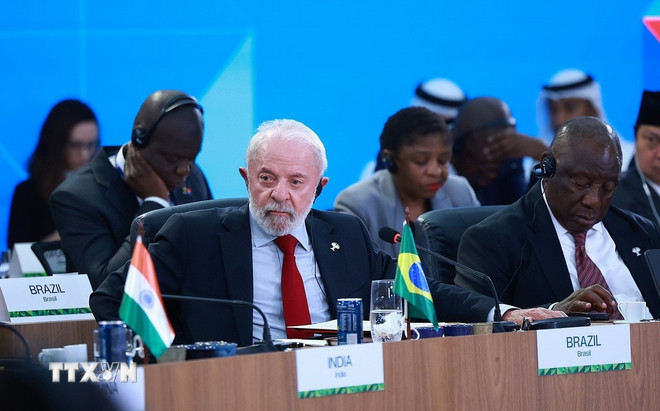
Brazilian President Lula da Silva chaired the High-Level Discussion "Strengthening multilateralism, economic -financial issues and artificial intelligence." (Photo: Duong Giang/VNA)
According to VNA correspondent in the Americas, in a speech at the conference, President of the host country Brazil Luiz Inácio Lula da Silva frankly criticized the neoliberal economic model and called for strict management of AI to prevent the risk of this technology being turned into a tool of manipulation by the super-rich.
President Lula da Silva stressed that the neoliberal model is deepening global inequality, citing data showing that in just the past decade, the world's 3,000 billionaires have amassed more than $6.5 trillion, while international aid flows have declined and developing countries' debt burdens have increased.
The Brazilian leader also expressed concern about the role of global financial institutions such as the World Bank (WB) and the International Monetary Fund (IMF). He said that the current mechanisms are creating a "reverse Marshall Plan," with emerging economies essentially financing developed countries.
President Lula da Silva criticized injustices at the IMF, stressing that the voting power of BRICS countries should be at least 25%, instead of just 18% as it is now.
Regarding the World Trade Organization (WTO), he called for urgent reform, saying that the WTO's paralysis and tolerance of protectionism were creating serious disadvantages for developing countries.
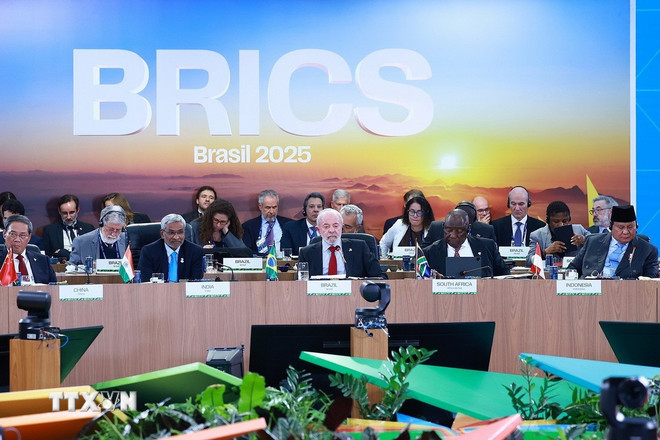
Brazilian President Lula da Silva chaired the High-Level Discussion "Strengthening multilateralism, economic-financial issues and artificial intelligence." (Photo: Duong Giang/VNA)
Referring to AI, President Lula da Silva warned that the technology cannot become "the privilege of a few countries" or "an instrument of manipulation in the hands of billionaires."
He called for a global governance framework for AI that is fair, inclusive and protects national sovereignty. He shared that BRICS is promoting faster, more cost-effective and more secure cross-border payment systems to support trade.
For his part, speaking via videoconference, Russian President Vladimir Putin said that the liberal globalization model is gradually becoming obsolete.
Mr. Putin called on BRICS countries to strengthen cooperation in many areas, including natural resources, logistics, trade and finance.
Meanwhile, Chinese Premier Li Qiang said that BRICS countries should take the lead in promoting global governance reform, as the world is witnessing unprecedented rapid changes in a century, international rules and order are being seriously challenged, and the authority and effectiveness of multilateral institutions continue to weaken.
According to Mr. Li Cuong, BRICS countries should also focus on developing and consolidating economic growth drivers, actively taking the lead in development cooperation and exploiting the growth potential of emerging sectors.
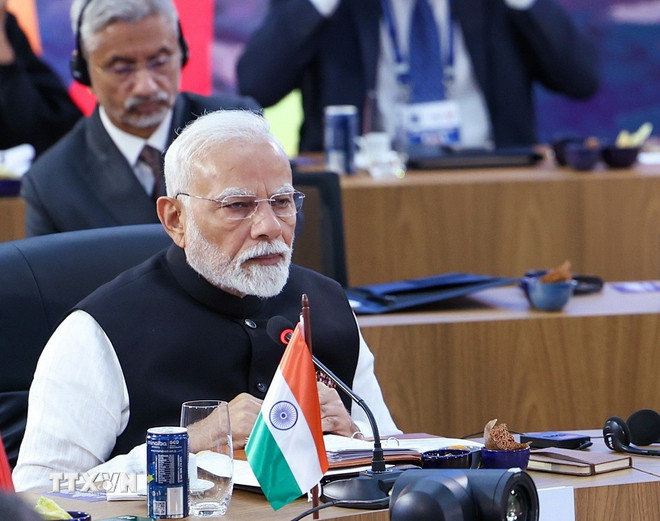
Indian Prime Minister Narendra Modi speaks at the 17th BRICS Summit in Rio de Janeiro, Brazil on July 6, 2025. (Photo: ANI/VNA)
Indian Prime Minister Narendra Modi also stressed the need for BRICS to continue demanding reforms of international institutions, especially the United Nations Security Council, the WTO and multilateral development banks.
According to Mr. Modi, more than 60% of the world's population is currently not fully represented in global institutions formed in the 20th century, making these organizations incapable of dealing with the challenges of the 21st century.
He called for a more inclusive, multipolar world order, starting with a deep reform of global institutions, including changes in governance structures, voting rights and leadership roles, while prioritizing the issues of developing countries. He also invited BRICS leaders to attend the next summit in India in 2026.
BRICS currently consists of 10 official members and many partners, accounting for nearly 40% of global GDP and nearly half of the world's population.
The BRICS Summit 2025 takes place from July 6-7 in Rio de Janeiro, with the theme "Strengthening Southern Hemisphere Cooperation for More Inclusive and Sustainable Governance"./.
(Vietnam+)
Source: https://www.vietnamplus.vn/lanh-dao-cac-nuoc-brics-keu-goi-cai-cach-cac-the-che-toan-cau-post1048304.vnp



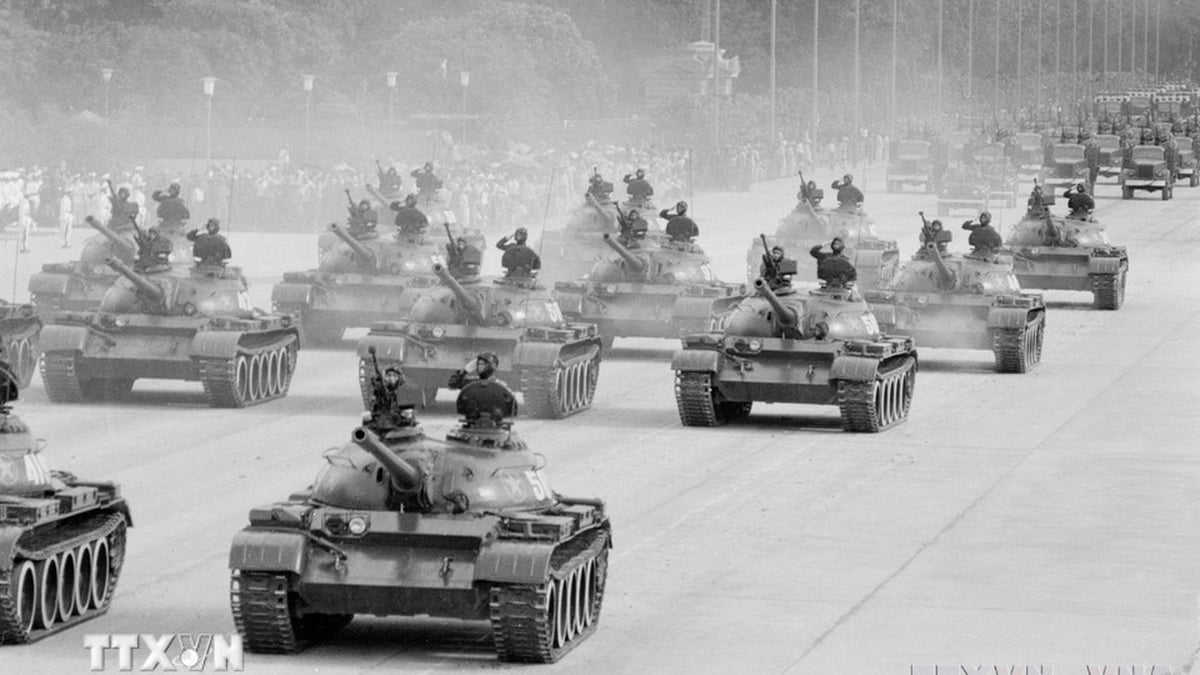
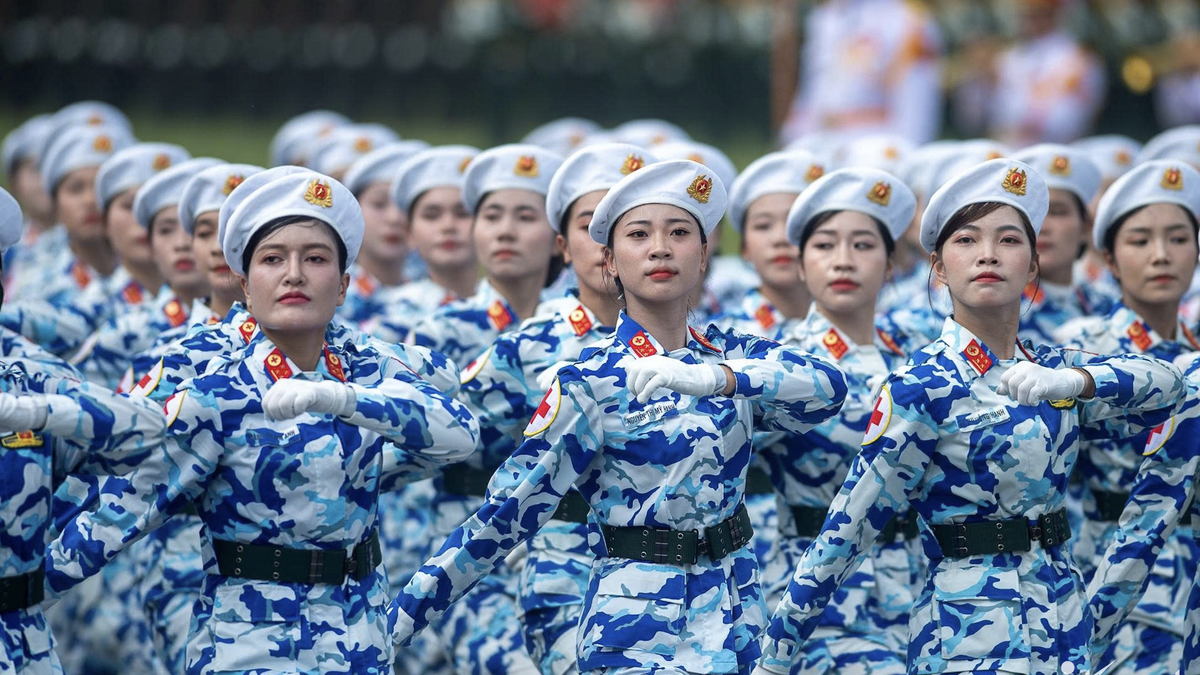

![[Photo] Multi-colored cultural space at the Exhibition "80 years of the journey of Independence - Freedom - Happiness"](https://vphoto.vietnam.vn/thumb/1200x675/vietnam/resource/IMAGE/2025/8/26/fe69de34803e4ac1bf88ce49813d95d8)

![[Photo] Hanoi: Authorities work hard to overcome the effects of heavy rain](https://vphoto.vietnam.vn/thumb/1200x675/vietnam/resource/IMAGE/2025/8/26/380f98ee36a34e62a9b7894b020112a8)
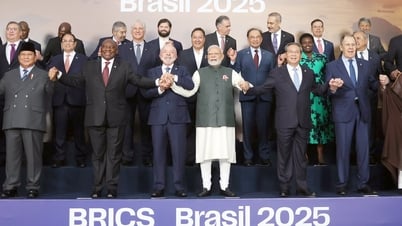

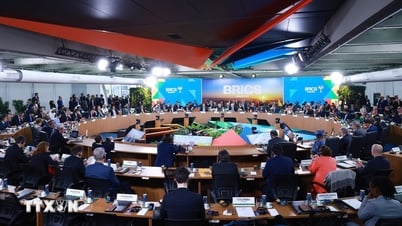
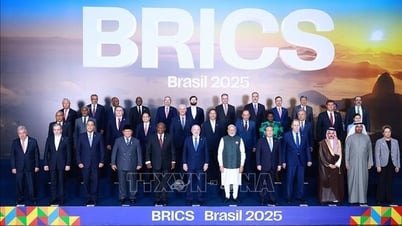

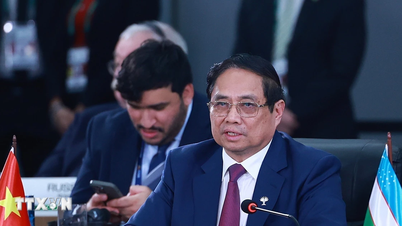
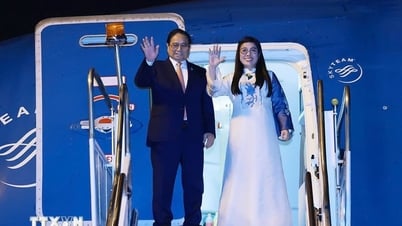
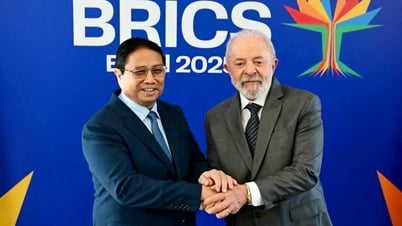
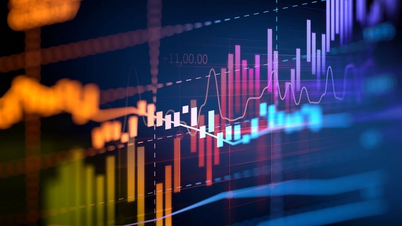

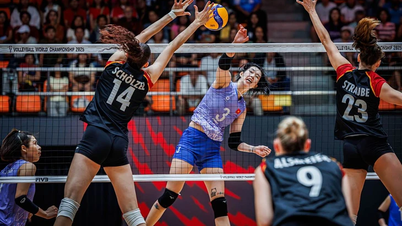


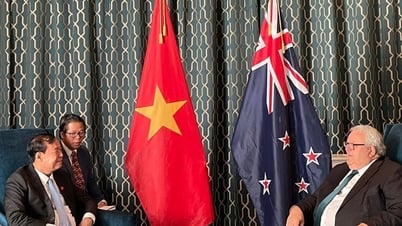

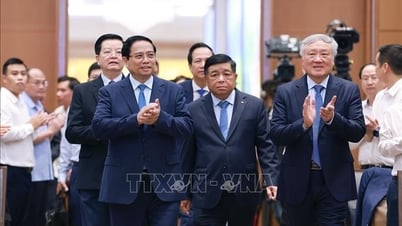




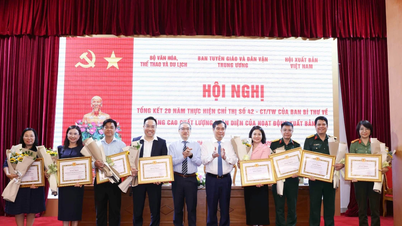
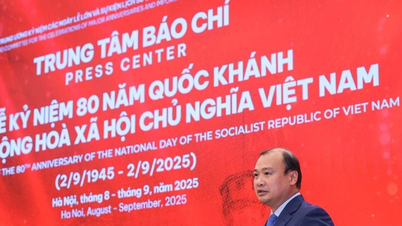
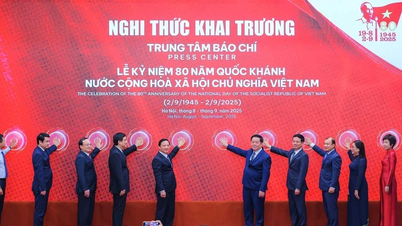
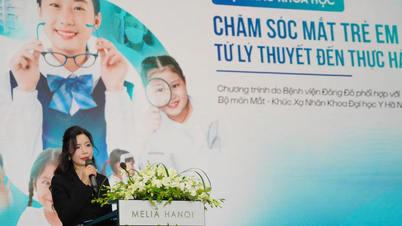
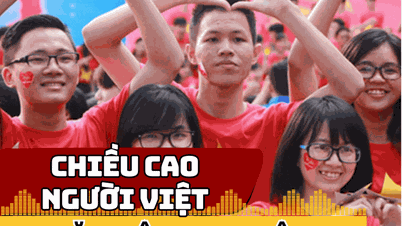
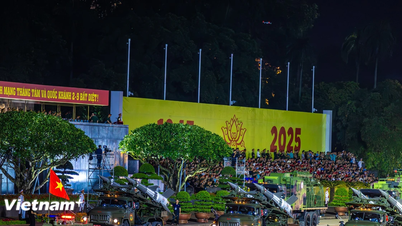
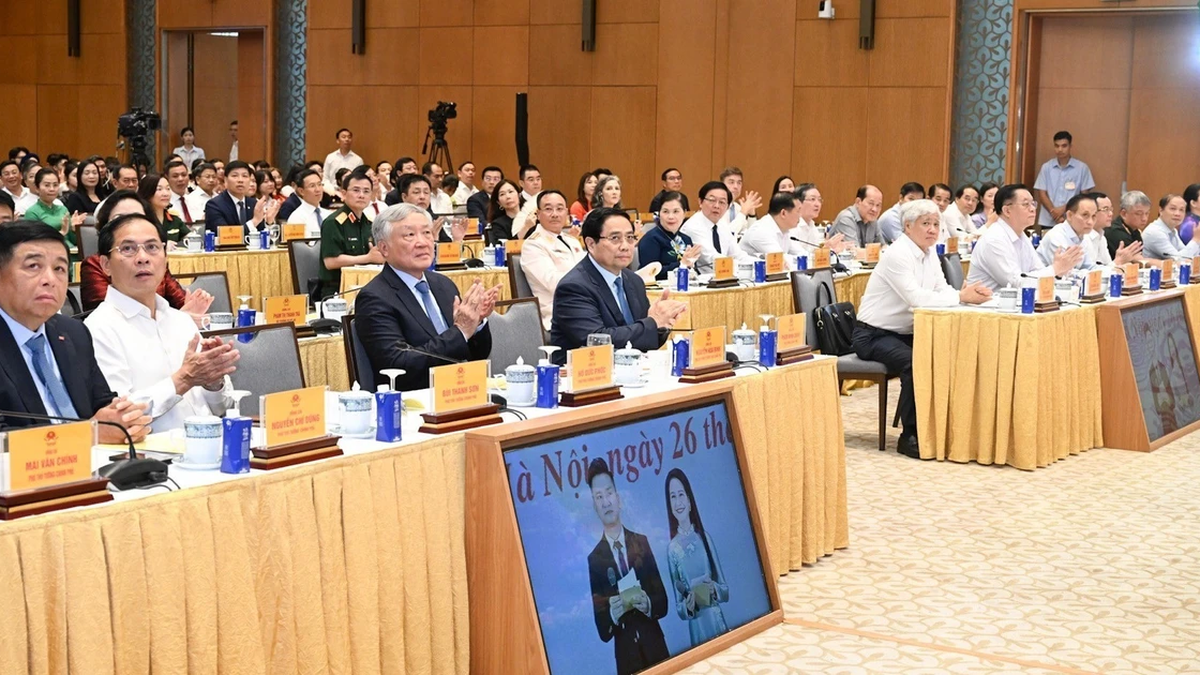



























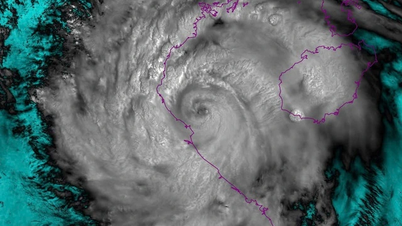
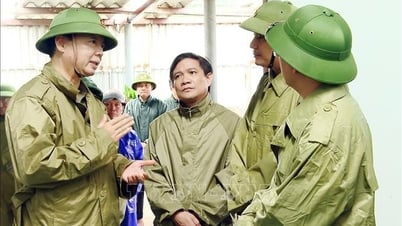
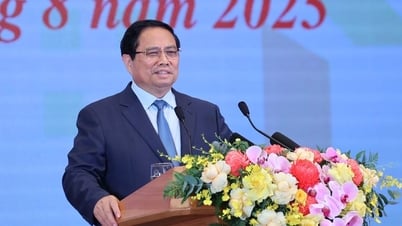
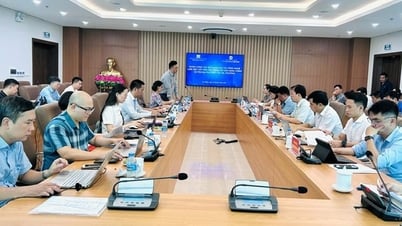

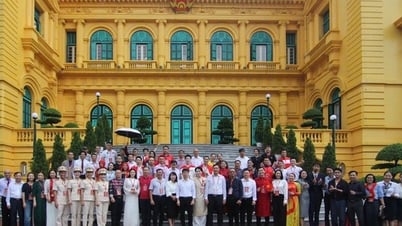

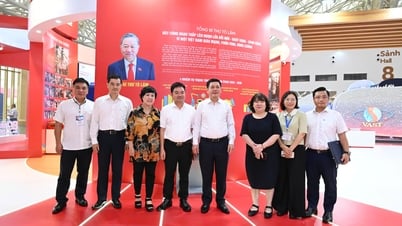

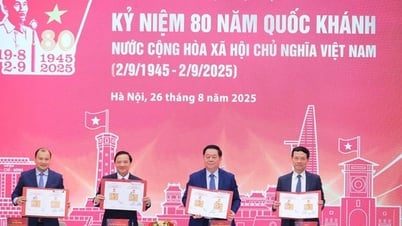
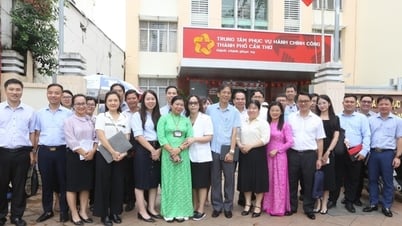
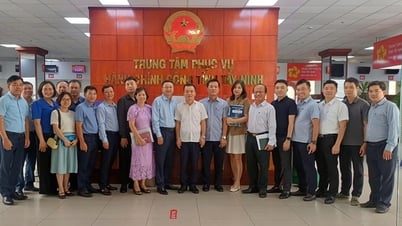
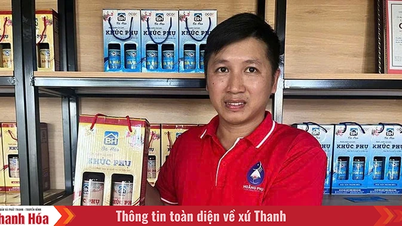

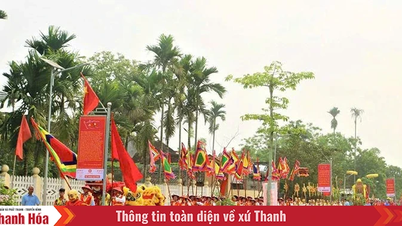
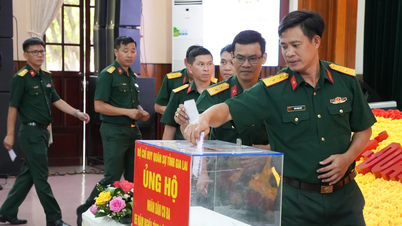

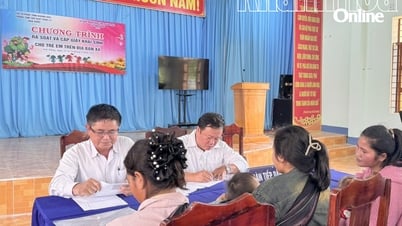

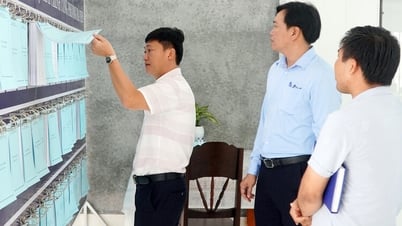

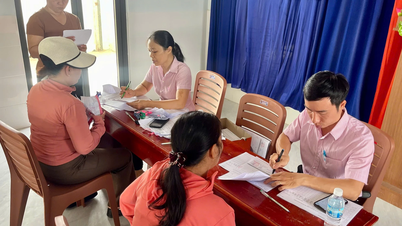




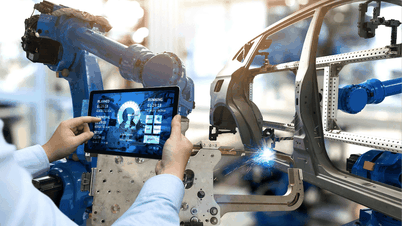
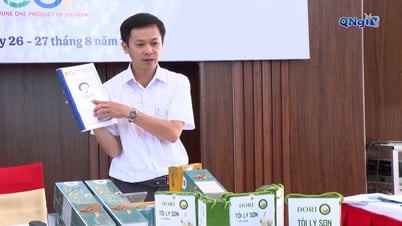







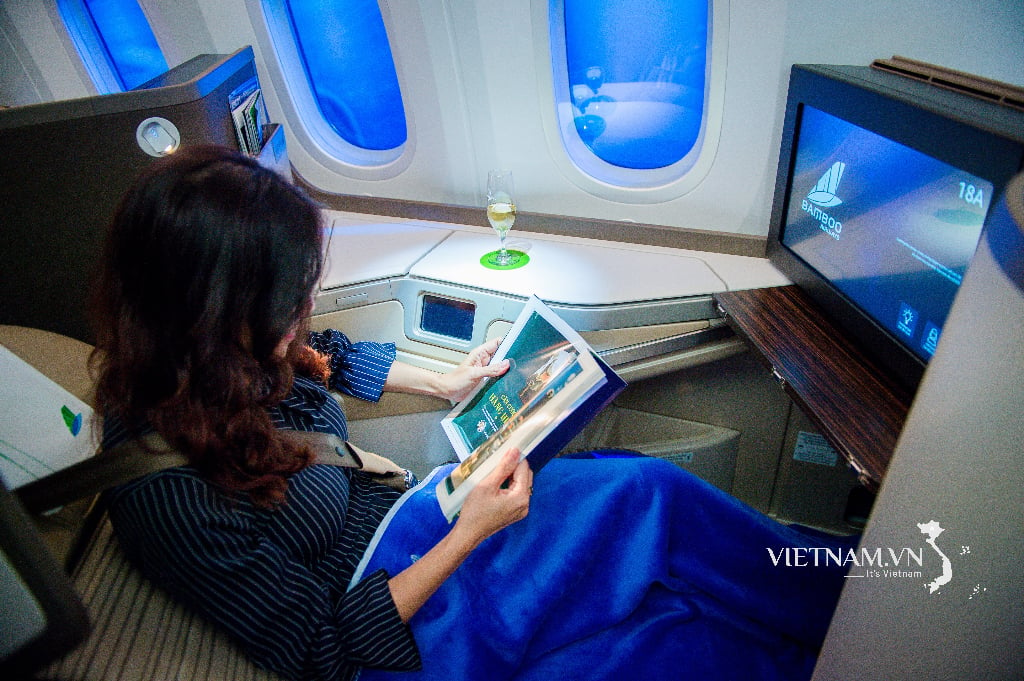


Comment (0)